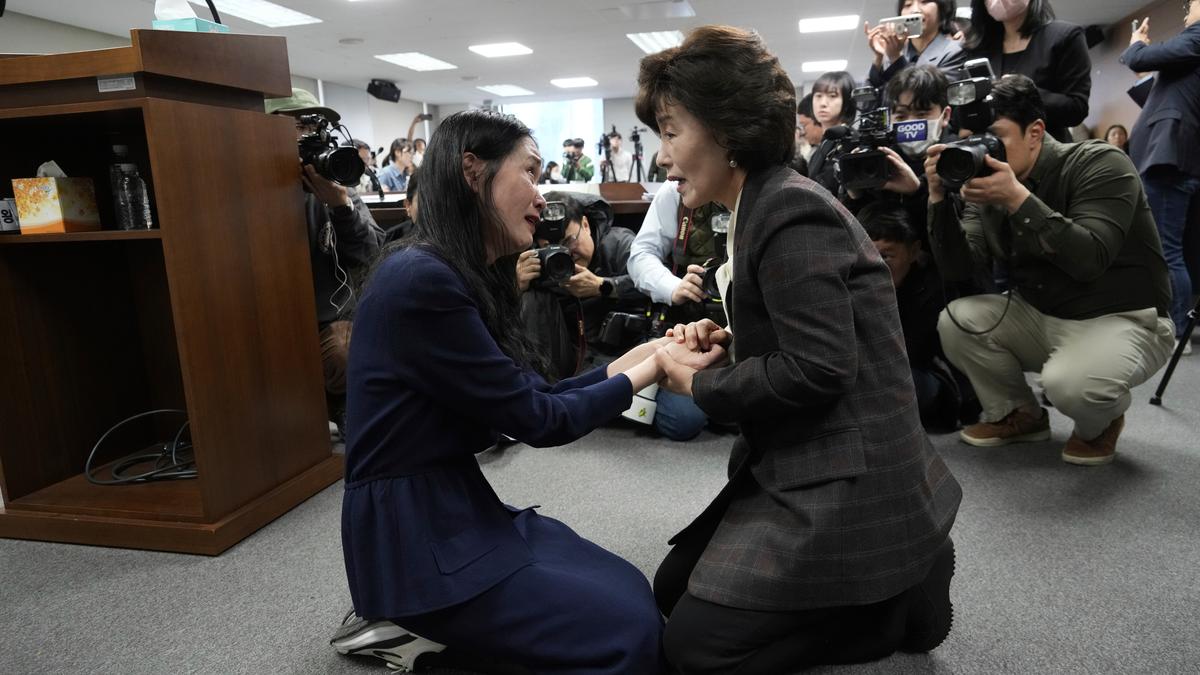
South Korea’s truth commission says government responsible for fraud and abuse in foreign adoptions
The Hindu
South Korea's truth commission exposes government complicity in fraudulent foreign adoptions, urging accountability and reform for adoptees' rights.
South Korea’s truth commission concluded the government bears responsibility for facilitating a foreign adoption program rife with fraud and abuse, driven by efforts to reduce welfare costs and enabled by private agencies that often manipulated children’s backgrounds and origins.
The landmark report released Wednesday (March 26, 2025) followed a nearly three-year investigation into complaints from 367 adoptees in Europe, the United States and Australia, representing the most comprehensive examination yet of South Korea’s foreign adoptions, which peaked under a succession of military governments in the 1970s and ’80s.
The government-appointed Truth and Reconciliation Commission said it confirmed human rights violations in 56 of the complaints and aims to review the remaining cases before its mandate expires in late May.
However, some adoptees and even a commission investigator criticised the cautiously written report, acknowledging that investigative limitations prevented the commission from more strongly establishing the government’s complicity.
That investigator, Sang Hoon Lee, also lamented that the panel on Tuesday deferred assessments of 42 other adoptees’ cases, citing a lack of documentation to sufficiently prove their adoptions were problematic. Lee and the commission chairperson, Sun Young Park, did not specify which types of documents were central to the discussions.
However, Lee implied that some members of the commission's decision-making committee were reluctant to recognise cases in which adoptees had yet to prove beyond doubt that the biological details in their adoption papers had been falsified — either by meeting their birth parents or confirming information about them.
Most Korean adoptees were registered by agencies as abandoned orphans, although they frequently had relatives who could be easily identified or found, a practice that often makes their roots difficult or impossible to trace. Government data obtained by The Associated Press shows less than a fifth of 15,000 adoptees who have asked South Korea for help with family searches since 2012 have managed to reunite with relatives.





















 Run 3 Space | Play Space Running Game
Run 3 Space | Play Space Running Game Traffic Jam 3D | Online Racing Game
Traffic Jam 3D | Online Racing Game Duck Hunt | Play Old Classic Game
Duck Hunt | Play Old Classic Game











